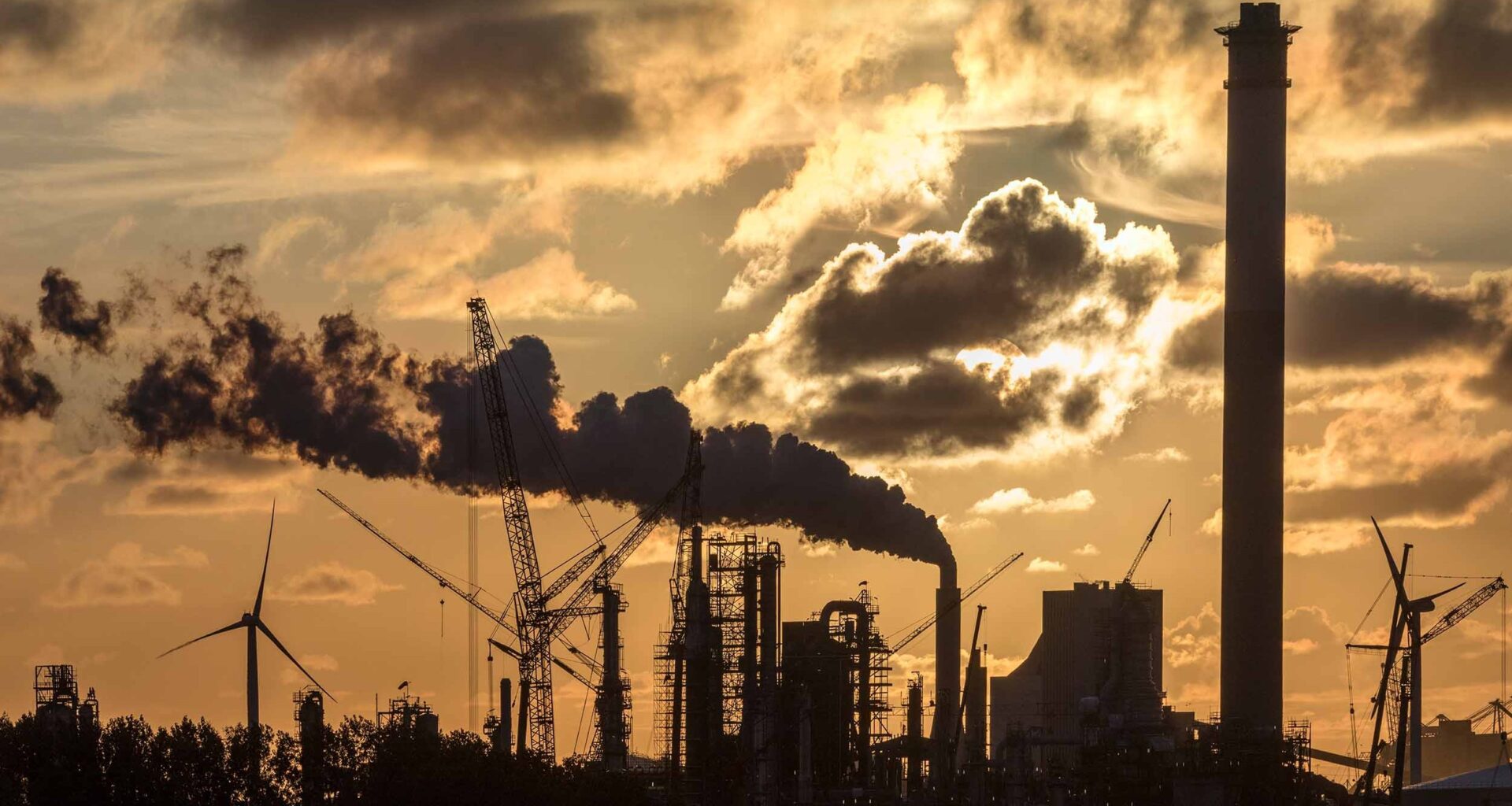Experts urge UK businesses to ‘lead by example’ and accelerate efforts to cut carbon emissions
Despite progress in reducing carbon dioxide emissions, large UK companies are still falling short of the action needed to meet international climate goals, shows analysis from the University of Exeter and investment company JO Hambro Capital Management.
The Horizon UK Corporate Emissions Report, released on Thursday, forecasts the future emissions of UK-listed companies from 2025 to 2050, comparing projected corporate emissions against a range of global warming scenarios.
It analyses 347 companies, representing 89 per cent of total market capitalisation, across 20 sectors including transport, oil and gas, finance and technology. However, the analysis only includes projected Scope 1 and 2 corporate emissions, due to the limited availability of Scope 3 emissions reporting data.
According to the model’s projections, average corporate emissions peaked in 2024 at more than 350mn tonnes of CO₂ equivalent. Emissions are predicted to remain relatively stable until 2032, after which they are forecast to fall by 62 per cent, reaching roughly 115mn tonnes by 2050.
While the findings indicate that corporate emissions are likely to remain below levels that would lead to the most extreme “too little, too late” and “hothouse world” warming scenarios during this period, their trajectory remains off track to limit warming to 1.5C by 2050.
Instead, the model places the UK on a path towards a “disorderly” transition, in which the economy would face significant transition risks. The report’s authors attribute this outcome to companies’ delayed action on climate change.
“The gap between current trajectories and the most ambitious ‘net zero 2050’ pathway is particularly concerning given the risk of climate tipping points — critical thresholds where small changes can trigger large, irreversible shifts in Earth systems, and could accelerate warming beyond what current models predict,” says Jesse Abrams, a member of the University of Exeter’s Green Futures Solutions team.
The report finds that companies in energy-intensive sectors such as energy and non-energy minerals, process industries and transportation account for 88 per cent of the UK’s total corporate emissions. Yet, these same sectors are among the slowest to reduce their emissions.
By 2050, the 10 worst-performing companies on decarbonisation are projected to release more than 1,000 times more greenhouse gas emissions than the top 10.
The report also finds that 88.7 per cent of emissions linked to UK companies occur overseas. Given their large global footprint, it calls on UK companies to lead the charge by fast-tracking efforts to cut carbon emissions across their global supply chains.
“UK firms are performing reasonably well, but our analysis shows that accelerated action is needed,” says JO Hambro senior data scientist Nikolaos Dimakis. “The UK accounts for a small proportion of global emissions, but we have a significant influence — and we also have a responsibility to play our part and lead by example.”
You can access the full report here.
